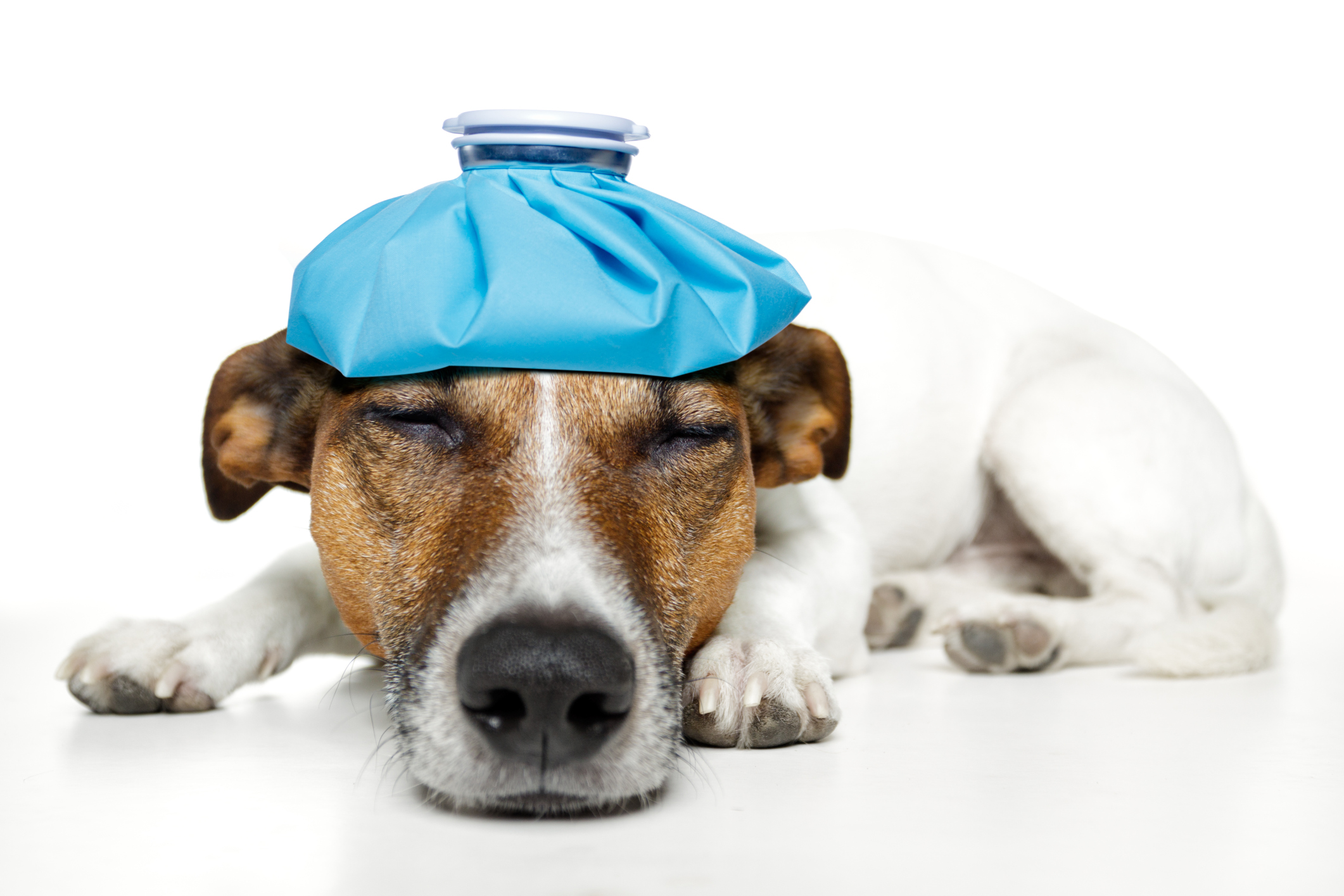News & Special Offers

Out of hours – what to do in an emergency
Having a poorly pet can be worrying at the best of times, but a pet falling ill or having an accident outside of normal veterinary surgery hours is understandably even more distressing for most pet owners. It is not uncommon for owners to agonise over the decision to phone the out of hours service, unsure if their pet is poorly enough to require immediate veterinary attention.
We, at Connaught House Vets, have resisted the emerging trend of veterinary practices who enlist the help of external companies to cover their out of hours. Our vets and nurses are on call and happy to assist you 24/7, 365 days of the year. We feel strongly that the same vets who you entrust with your pet’s routine care, should see them in their hour of need. This is paramount to putting you and your pet at ease and to providing a trusted and familiar service. We have easy access to the full medical records of any pet registered with us and our dedicated night nurses keep a watchful eye over inpatients at night in our hospital.
So when should you contact our out of hours team? What sorts of conditions require urgent attention? It can be a tough one to judge. Whilst we can’t supply an exhaustive list here, below are a few scenarios in which we would likely ask you to bring your pet to us. There are some symptoms that should prompt you to get your pet to us ASAP, the ‘phone us as you’re loading your pet into the car’ type of emergencies. These include: severe bleeding; choking; unconsciousness; difficulty or cessation of breathing; and visible swelling of the abdomen. Remember, stay calm. It is important not to panic for your own safety, and that of your pet. Always try to phone the emergency line before arriving. A forewarned vet is a vet who can far better prepare to deal with an emergency. Now let’s have a look at the above emergency examples and some others in more detail.
Bleeding
Severe bleeding or bleeding that continues for more than five minutes is a medical emergency. Commonly, owners think that they can control bleeding at home but it’s best that you get your pet to us ASAP. However, a pressure dressing in the meantime can, of course, mean the difference between life and death.
Breathing problems
Laboured, fast, raspy and shallow breathing are just some indicators that your pet needs to see a vet. Open-mouth breathing in cats can also indicate a range of life-threatening issues. Choking too, or any abnormality to breathing should prompt you to phone our emergency out of hours service.
Trauma injuries
Injuries sustained from trauma such as in road traffic accidents or from falling objects aren’t always external and obvious. Internal bruising, breaks or bleeding can be masked, so prompt, proper examination by a vet is recommended in every case.
Collapse and unconsciousness
Be it from heart or respiratory problems, anaemia, toxicity, musculoskeletal or any other issues, a collapsed pet should warrant veterinary attention and could be life-threatening.
Swollen abdomen
Large breed, deep-chested dogs especially, can suffer with gastric dilation volvulus, the signs of which include retching without vomiting, signs of pain and as the condition develops, a distended abdomen. This is a medical emergency.
Whelping problems
When a pet has difficulty giving birth, veterinary attention can be the difference between life and death for both mum and offspring. There is a great deal of species variation, however, if a cat or a dog is straining without giving birth, if more than two hours has passed between births, if they bleed from the vagina or if there is green discharge before birthing has begun, veterinary advice should be sought. It is sensible for anyone who is expecting their pet to give birth to talk with their vet about what to expect and how to recognise problems.
Urination abnormalities
If your dog or cat is straining to urinate but not able to, is passing blood in their urine or is urinating very frequently, it could indicate a life-threatening problem in the form of a blockage to the urethra. This is especially common in males.
In brief, other emergencies that any vet would want to hear about include: eye injury; pain of any sort; seizuring; vomiting and diarrhoea (especially if there is blood or your pet is lethargic or weak); poisoning; neurological signs; stings/bites and allergic reactions. Once again, this is not a complete list of emergency conditions so if you notice anything concerning, remember that veterinary advice is only a phone call away. Many of our team are pet owners themselves and know how worrying it is when a pet is unwell. You will find our team to be knowledgeable and understanding and very happy to advise you.
